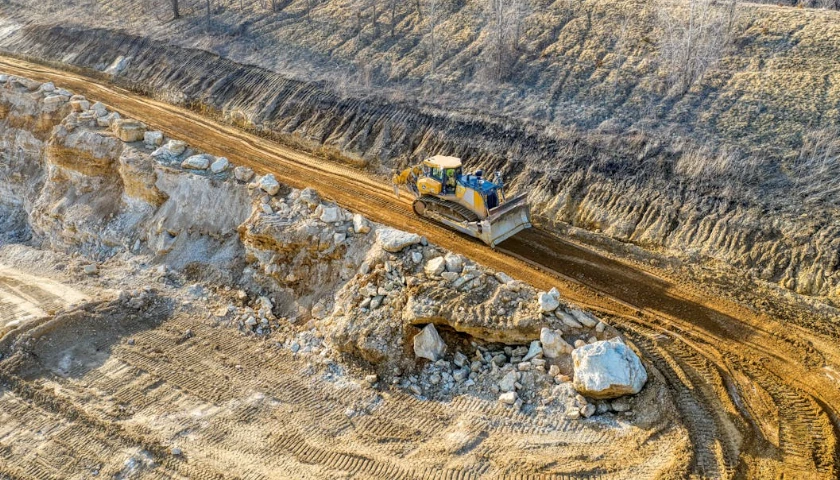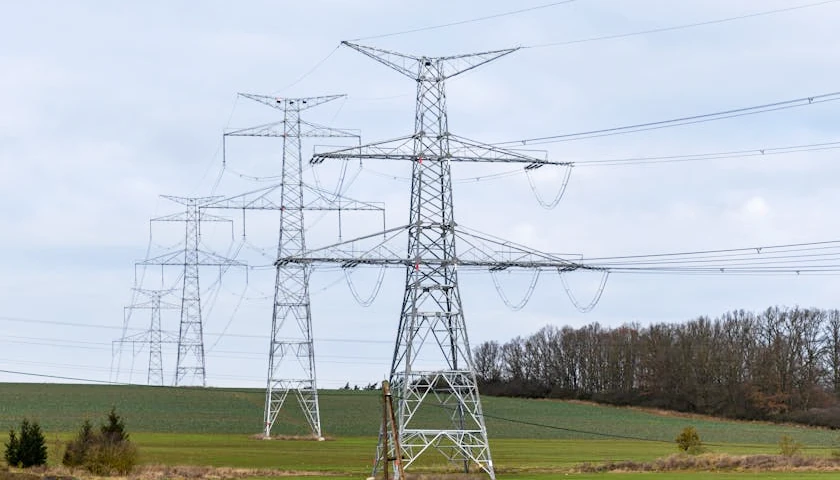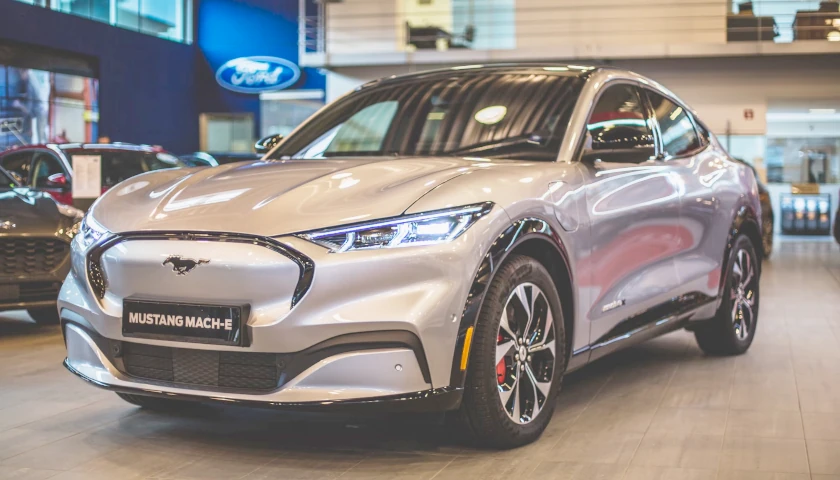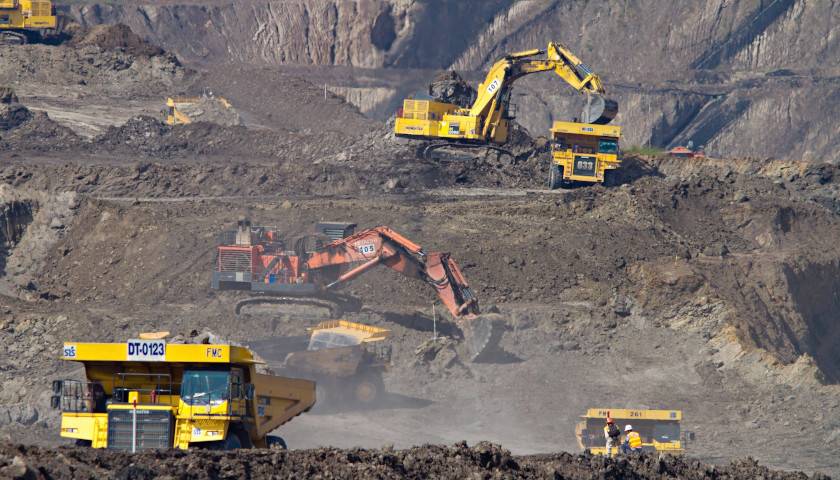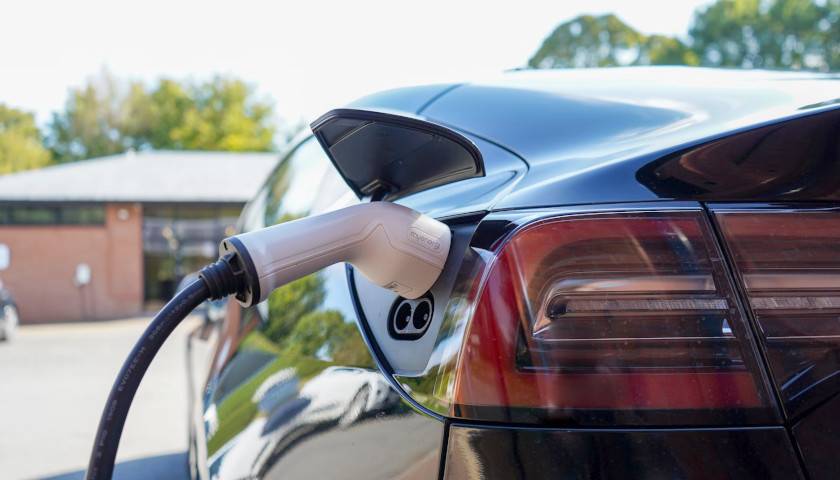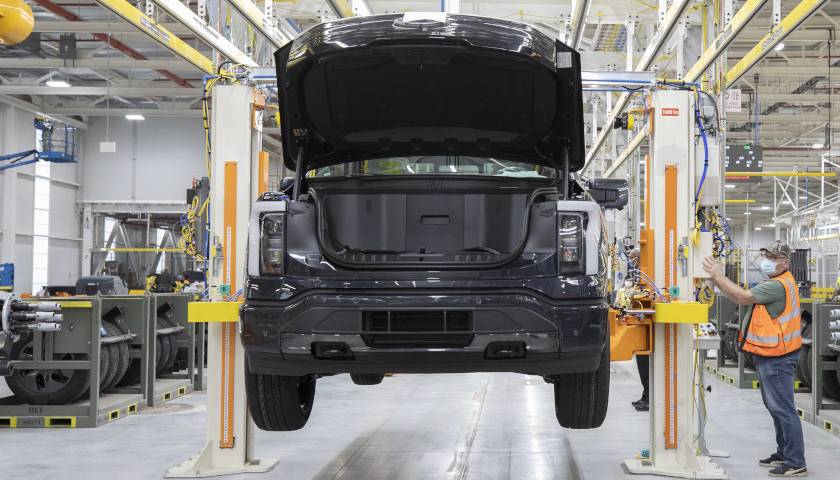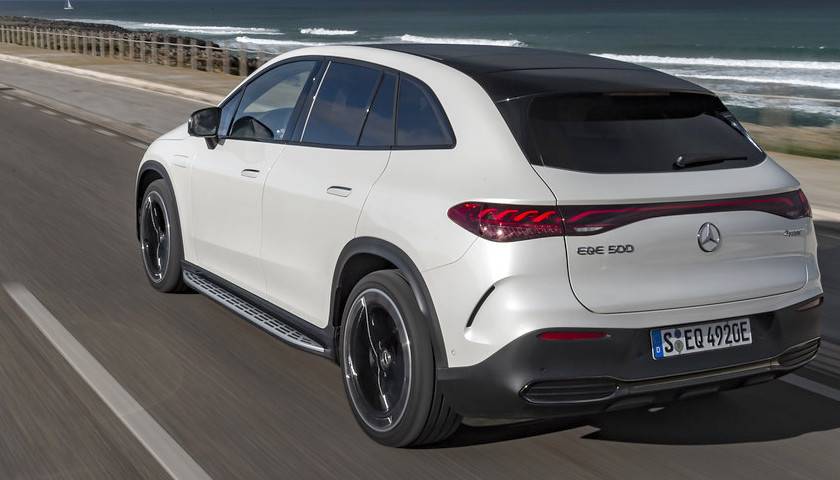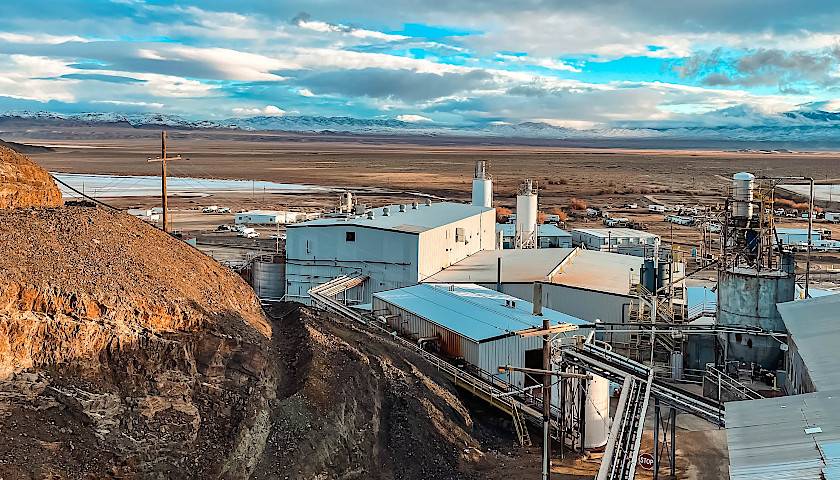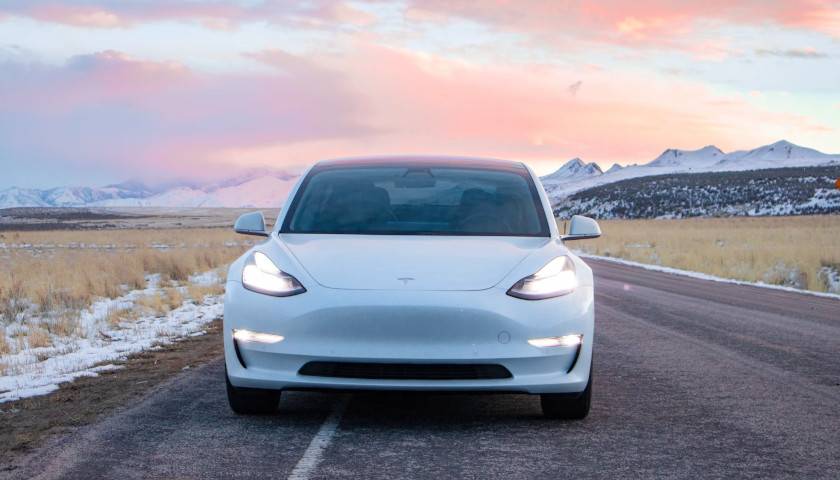During a visit to Portugal, a senior U.S. official claimed that China is flooding the market in lithium as a “predatory” tactic to drive down global prices and beat back competition. If prices are low, the theory goes, it’s hard to attract investors and make mine development in the West economically attractive.
Reuters reported Jose Fernandez, undersecretary for economic growth, energy and the environment at the U.S. Department of State said at a briefing earlier this month that China was looking at the U.S. Inflation Reduction Act, which provides government funding for the development of critical minerals and domestic manufacturing, and responding to the competition it may create.
Read More
